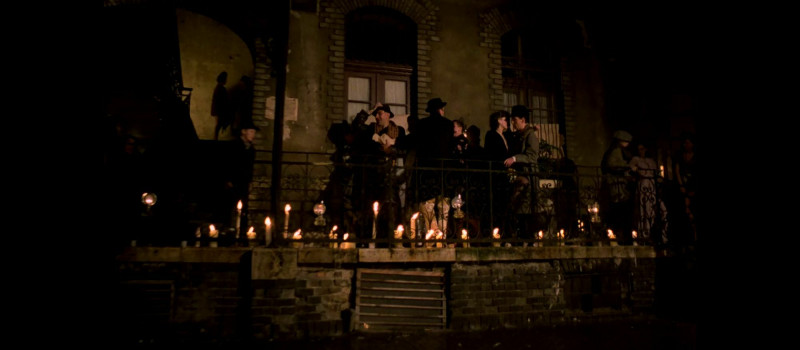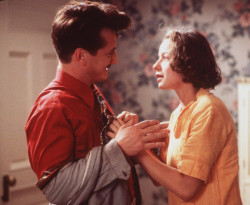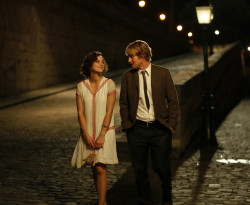
The Midas Touch (Eldorádó, 1988)
120 years of Hungarian cinema
- Müpacinema
Ticket prices
Add this event to your Google Calendar.
Does the person survive, if they do not die? Although born as a screenplay, Géza Bereményi's film The Midas Touch is really a great novel. A ten-year tale from the end of World War Two to the 1956 Hungarian Revolution. It is the story of the rise and fall of the king of the Teleki Square Market. And also a gangster film. Cruel, harsh and unmerciful. The striking thing is that we only began to understand many of the thoughts expressed here after the redistribution of power in the 1990s. For example, how life and death had become universally equivalent. Man himself.
In Hungarian, without subtitles.
The discussions before and after the screening will be conducted in Hungarian.
Presented by: Müpa Budapest
Featuring:
-
HostJanka Barkóczi
Creator:
-
DirectorGéza Bereményi
Parking information
We wish to inform you that in the event that Müpa Budapest's underground garage and outdoor car park are operating at full capacity, it is advisable to plan for increased waiting times when you arrive. In order to avoid this, we recommend that you depart for our events in time, so that you you can find the ideal parking spot quickly and smoothly and arrive for our performance in comfort. The Müpa Budapest underground garage gates will be operated by an automatic number plate recognition system. Parking is free of charge for visitors with tickets to any of our paid performances on that given day. The detailed parking policy of Müpa Budapest is available here.
Safe ticket purchase
Dear Visitors, please note that only tickets purchased from the Müpa website and official ticket offices are guaranteed to be valid. To avoid possible inconvenience, we suggest buying tickets to our performances and concerts via the mupa.hu website, the Interticket national network (jegy.hu) or at our official ticket offices.






